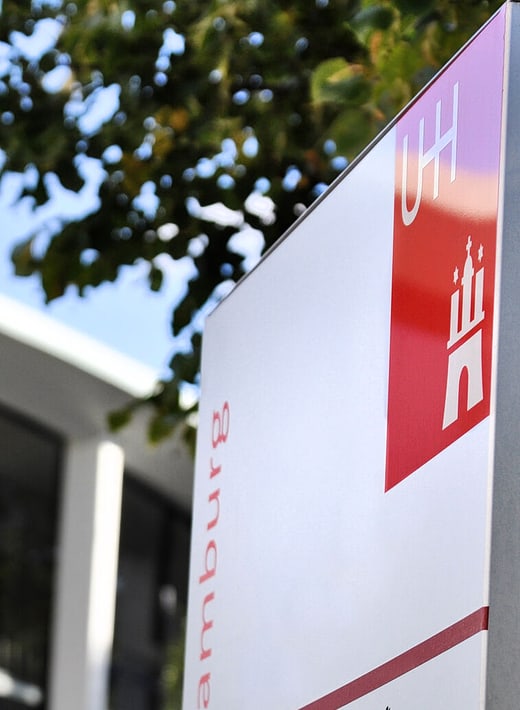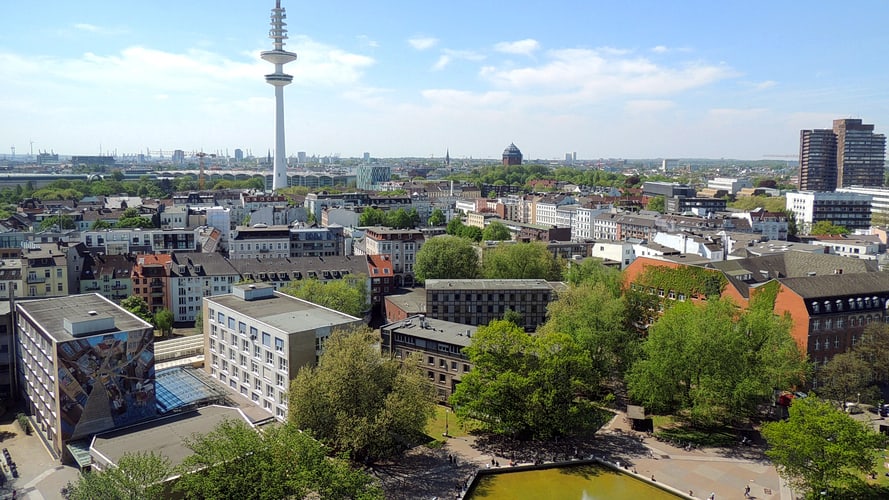Content
The WISO Faculty
Faculty Structure
Here you can find an overview of the faculty structure of the WISO Faculty.


Photo: UHH/Schell
The WISO Faculty has established itself as a central actor in the field of sustainability and is a recognized location for excellent, socially relevant transdisciplinary and interdisciplinary research and teaching. Measures related to sustainability, climate change and global challenges are anchored in its profile.

Photo: UHH/Weimer
Here you can find an overview of the faculty structure of the WISO Faculty.


Photo: UHH/Schell